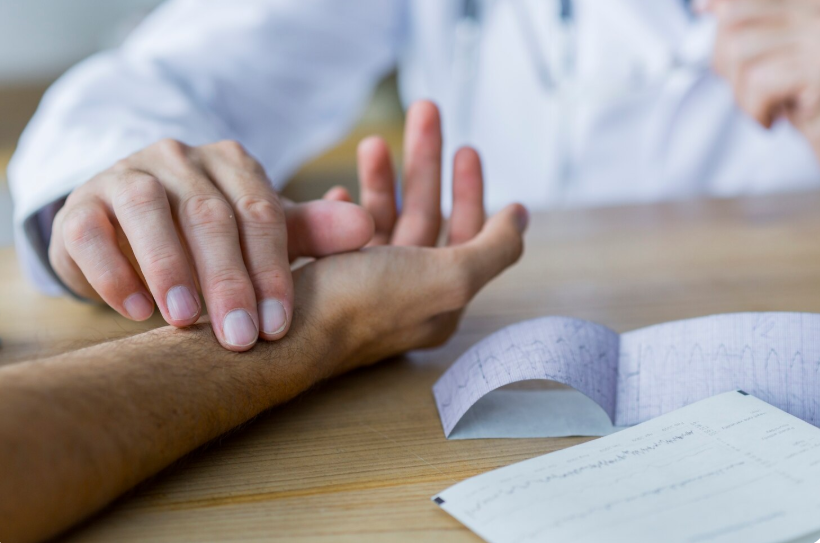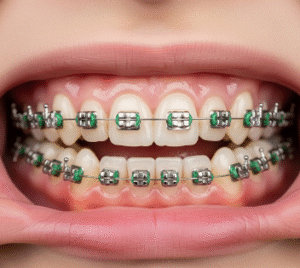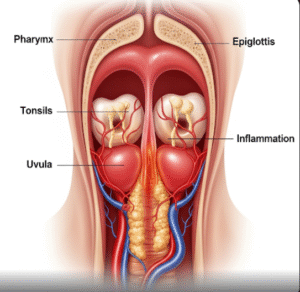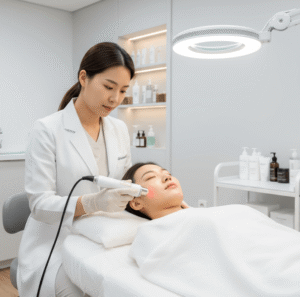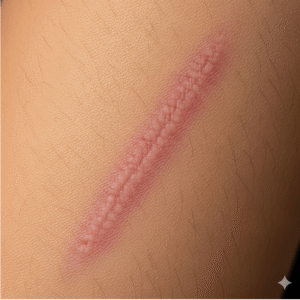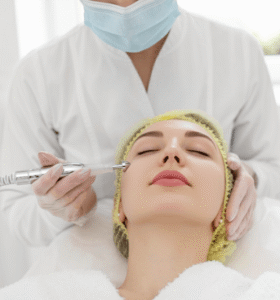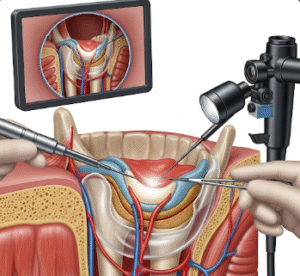Overview
Hand arthritis is a degenerative or inflammatory condition that affects the joints of the hands, leading to pain, stiffness, swelling, and reduced hand function. It can significantly impact daily activities such as writing, cooking, or gripping objects.
In Korea, hand arthritis is commonly seen in older adults and patients with autoimmune conditions like rheumatoid arthritis. Korean hospitals and orthopedic clinics offer advanced diagnostic tests, medical therapies, and surgical interventions for effective management.
What is Hand Arthritis?
Hand arthritis involves the degeneration of joint cartilage or inflammation of the synovial lining, affecting the small joints of the fingers, thumbs, and wrists. The main types include:
- Osteoarthritis (OA): Degenerative wear and tear of cartilage
- Rheumatoid arthritis (RA): Autoimmune inflammation of joints
- Psoriatic arthritis: Associated with psoriasis
It affects both men and women, with higher prevalence in older populations and those with a family history of arthritis.
Symptoms
- Pain and tenderness in finger or thumb joints
- Swelling and redness around joints
- Stiffness, especially in the morning or after inactivity
- Reduced grip strength and dexterity
- Joint deformities in advanced cases (e.g., nodules, ulnar deviation)
- Clicking or grinding sensation during movement
Causes
- Age-related wear and tear (osteoarthritis)
- Autoimmune conditions (rheumatoid arthritis)
- Genetic predisposition
- Previous joint injuries
- Chronic inflammation from systemic conditions
Risk Factors
- Age over 50 years
- Female gender (more common in OA and RA)
- Family history of arthritis
- Previous hand injuries or fractures
- Chronic systemic inflammatory conditions
- Repetitive hand activities or occupational strain
Complications
- Persistent pain and swelling
- Reduced hand mobility and dexterity
- Joint deformities and nodules
- Difficulty performing daily activities
- Secondary tendon or ligament injuries
Prevention
- Maintain joint flexibility through hand exercises
- Avoid repetitive stress on fingers and wrists
- Use ergonomic tools and supportive devices
- Early treatment of injuries or inflammatory conditions
- Maintain a healthy weight and balanced diet to reduce joint stress
Treatment Options in Korea
Diagnosis
- Physical examination to assess swelling, tenderness, and range of motion
- X-rays or MRI scans to detect joint degeneration or inflammation
- Blood tests to detect rheumatoid or autoimmune markers (e.g., RF, anti-CCP)
- Ultrasound for evaluating joint inflammation and fluid accumulation
Medical Treatments
- NSAIDs for pain and inflammation relief
- Disease-modifying antirheumatic drugs (DMARDs) for RA
- Corticosteroid injections into affected joints
- Physical therapy and occupational therapy for hand function
- Assistive devices such as splints or braces
Surgical or Advanced Therapies
- Joint replacement (arthroplasty) for severely damaged joints
- Joint fusion (arthrodesis) for stability in painful joints
- Minimally invasive procedures for removing inflamed tissue or repairing tendons
- Rehabilitation programs post-surgery to restore function
Rehabilitation and Support
- Hand exercises to maintain strength and flexibility
- Occupational therapy for adaptive strategies in daily life
- Pain management programs
- Patient education on lifestyle modifications and joint care

